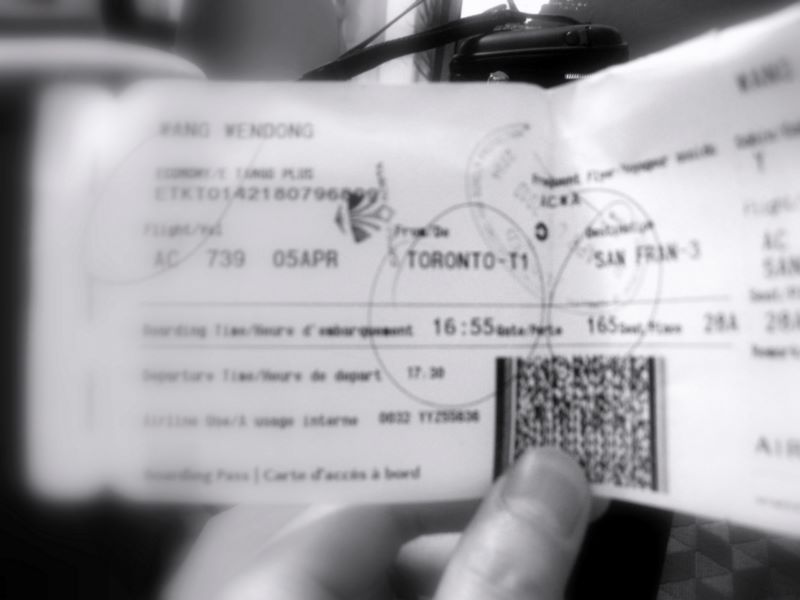Having the first paper accepted, published, and printed, naturally I felt a sense of relief. When I started out, I was told that if one didn’t get a paper out after the second year, the pressure would mount quickly. It surely did. Now after the first project, I am more or less free to do what I want to do. So at this turning point, I feel the need to reflect my past habits, and to keep the good ones and discard the bad ones.
First, reading. There are two types of reading. One is fast and rough; the other slow and in detail. Browsing ASAP papers belongs to the former while reading those I intend to reproduce is the latter. The latter requires a higher mental concentration than the former, so naturally the latter deserves quality times such as mornings. Other reading such magazine browsing and newspaper reading also belongs to the second category. So the general rule of reading is simple: read important papers in the morning. (An important corollary is that do NOT read newspaper in the morning.) If there happened to be important paper coming up while I browse the journals, put it in the ReadMe folder for later reading. And for those interesting but not immediately relevant papers, store it in Connotea.
Second, literature research. This activity can be quite time consuming, and at the same time also requires a significant level of mental concentration, sometimes just in order to keep focused. It is also better to be done while sufficient alert.
Third, experiments. It might sound odd, but experiments are actually more time-intensive than mind-intensive, especially those routine experiments. But the interpretation of experimental results is a different story. It is mind-intensive. If one thinks about reading and experimenting as ways of data input, then the analysis of these information is data processing. Both are important. The first stage requires constantly asking myself what I am looking for in order not to get lost, the second step requires answering the question why it is so.
Fourth, multitasking. Swift switch between minds is necessary. What I find particularly helpful is to have a short period of buffer time, usually 5-10 minutes, to review what has been done previously and to prepare myself to get into the mood of a specific task.
Fifth, knowing where the end is (or seems to be). Whitesides’ recommendation, using a paper to organize a project is immensely helpful. No project ever ends. But papers do. Writing the outlines of a paper as early as possible can help keep the project focused and efficiency high. And writing an outline is a mind-intensive activity.
Finally, about balancing experiments and thought. Bruce Albert wrote in a Science editorial on Becoming a Scientist, “An enormous number of different experiments are possible, but only a tiny proportion will be really worthwhile. Choosing well requires great thought and creativity, and it involves taking risks.” Everyone can do systematic work; but for creative work, work that explores a new frontier, picking the right combination of conditions is where the genius’s intuition lies.
